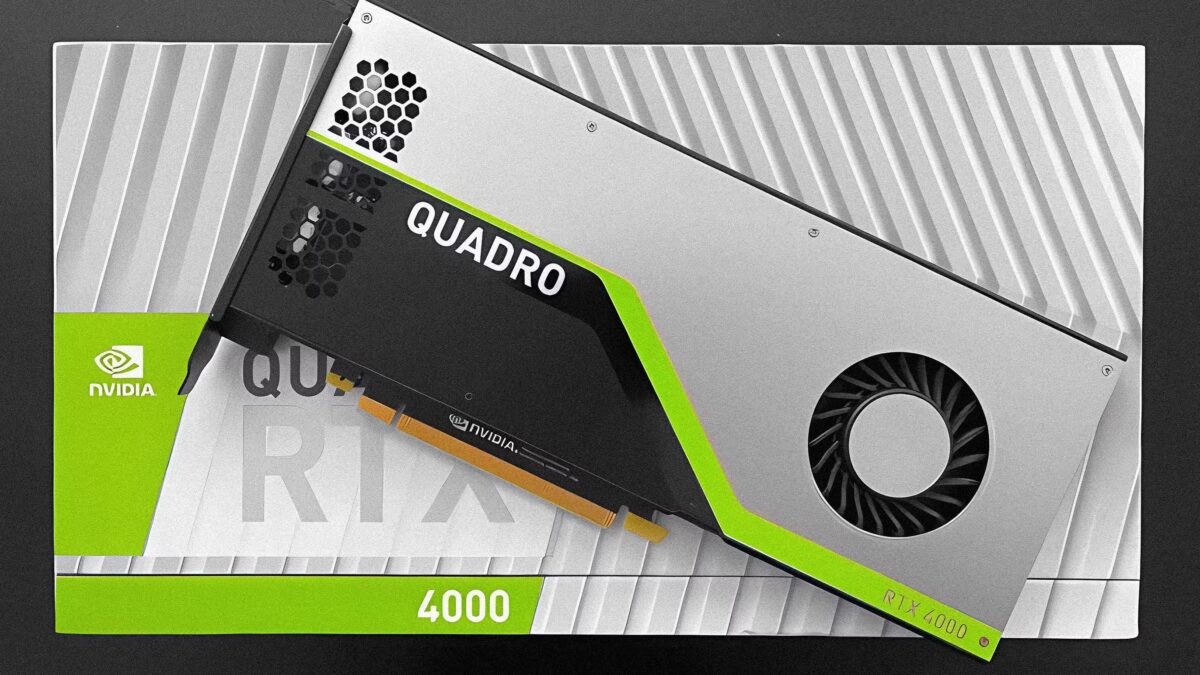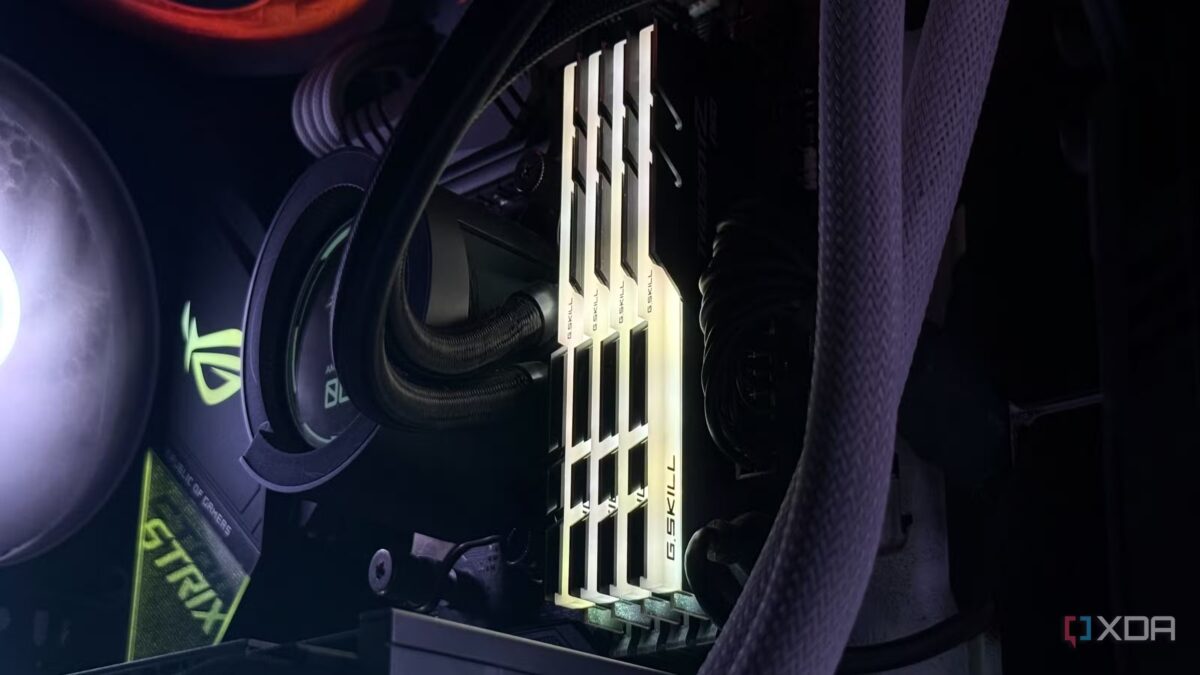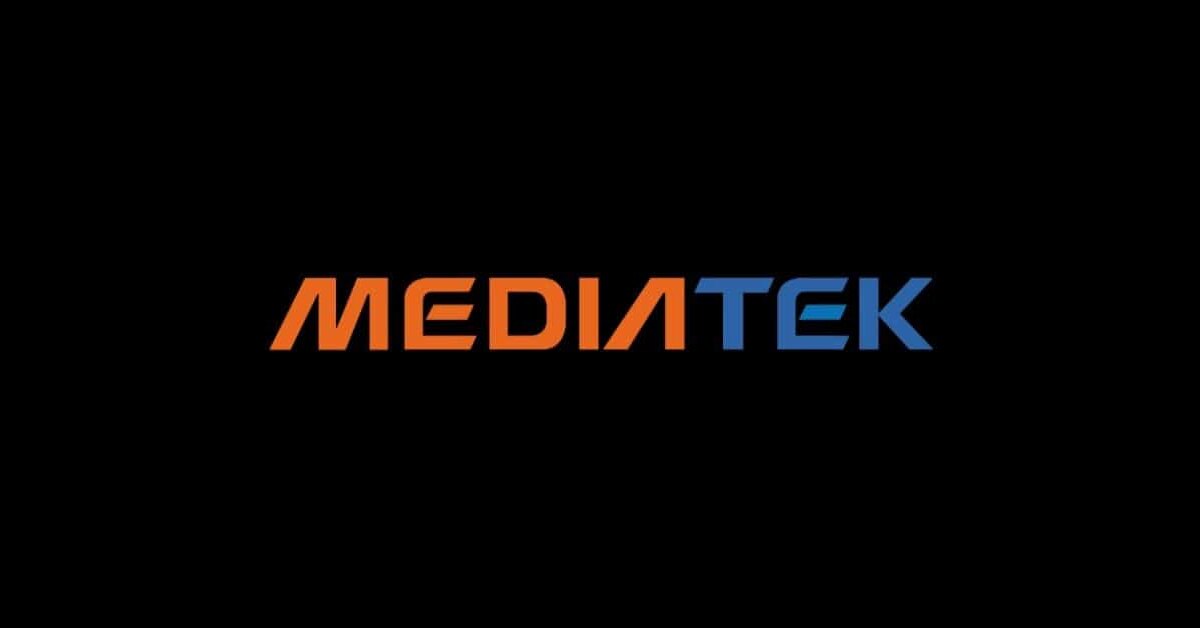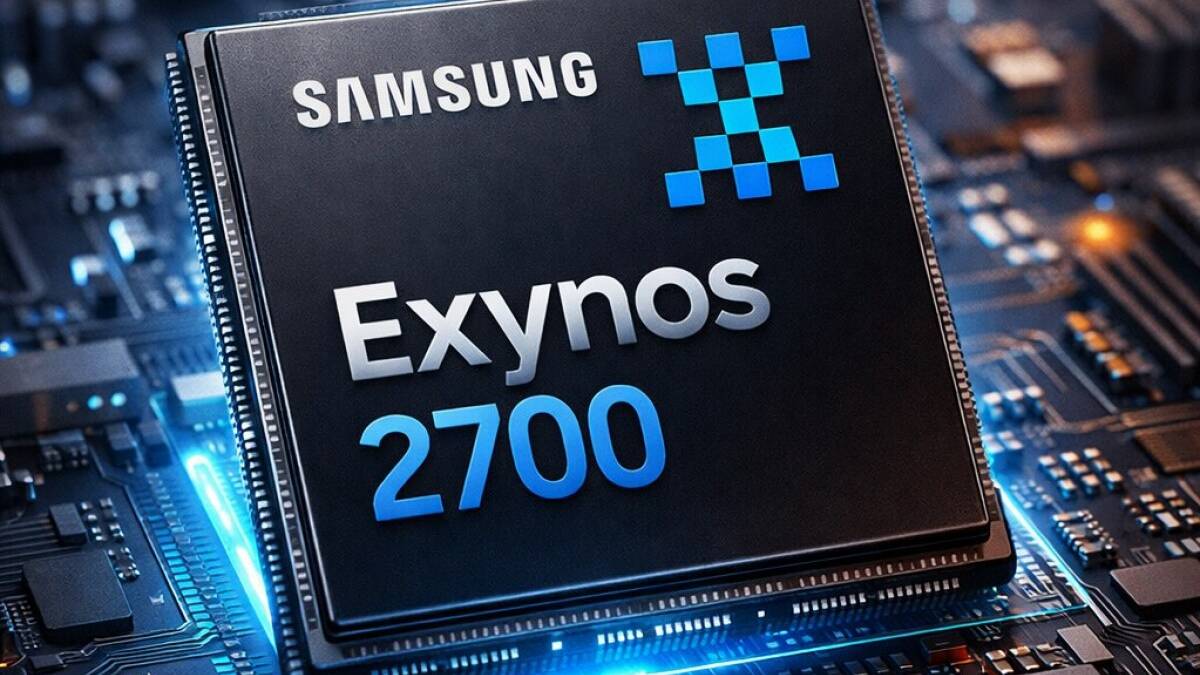Apple will cut orders for 3nm chipsets by 2024
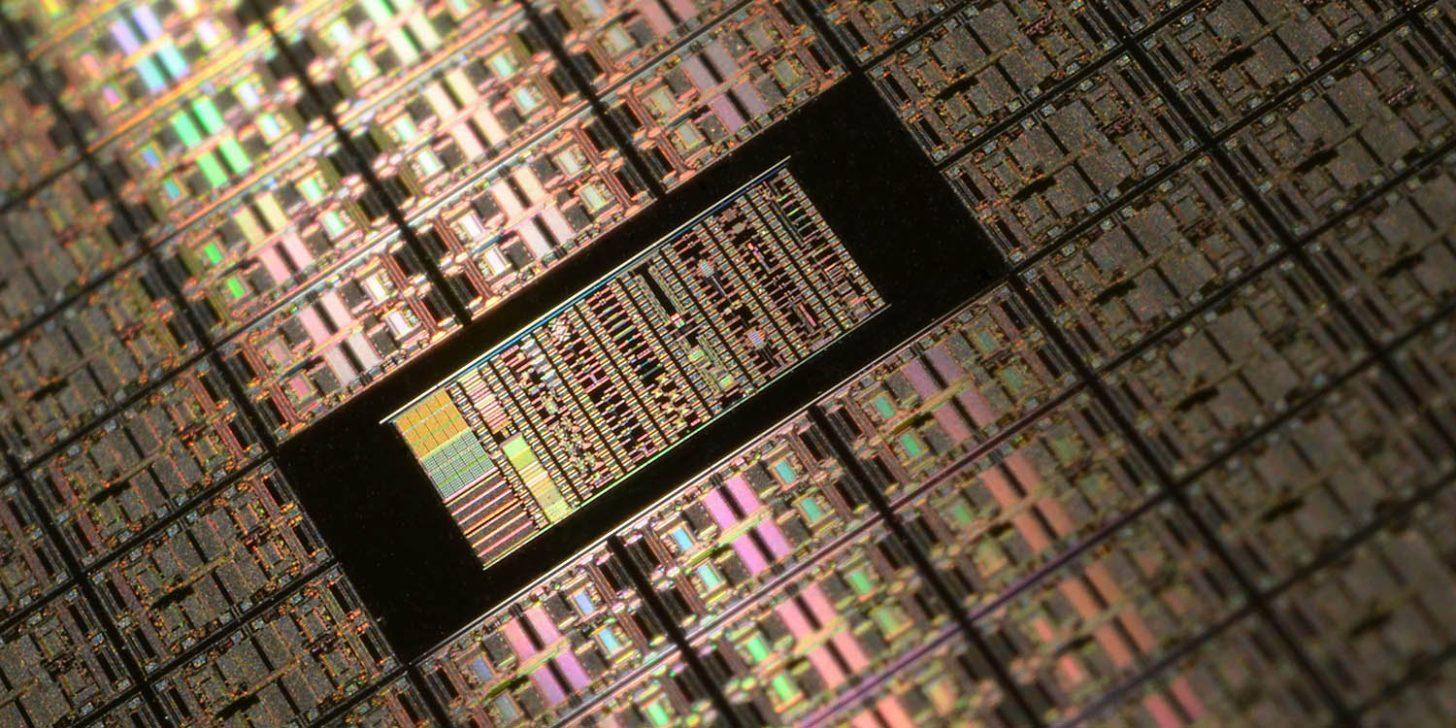
The immediate future of the smartphone chipset market doesn’t look bright, according to analyst Ming-Chi Kuo. According to his latest report, Apple is reducing demand for 3nm chips; Qualcomm is also cutting production, forcing Dutch company ASML to cut its EUV shipments for 2024 by around 20-30%. According to Kuo, the current market consensus suggests the semiconductor business will bottom out in the second half of this year, but the downturn could extend into the second quarter of 2024.
The current market consensus is that the semiconductor business will bottom out in the second half of this year, but the downturn could last until the second quarter of 2024.
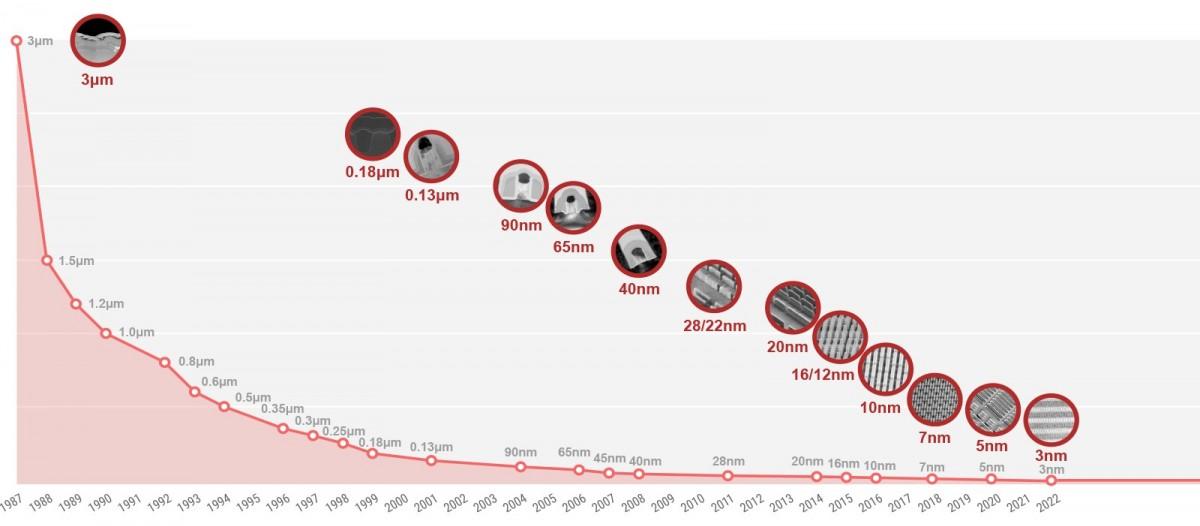
ASML, formerly Advanced Semiconductor Materials Lithography, is headquartered in Veldhoven, Netherlands, and is a major supplier of equipment to chipset foundries around the world. There are three main reasons for the forecast decline in shipments, Kuo writes:
Additionally, the company’s shipments have been declining.
First — Apple has seen a decline in demand for MacBook and iPad devices following a sharp decline in the number of people working from home (WFH). Apple’s new chips and mini LED screens weren’t enough to get customers to switch to the new devices, and Cupertino recorded a 30% drop in laptop shipments (17 million in total for the fiscal year), and a 22% drop in iPad shipments (48 million).
First — Apple’s MacBooks and iPads have been on the decline for the past three years.
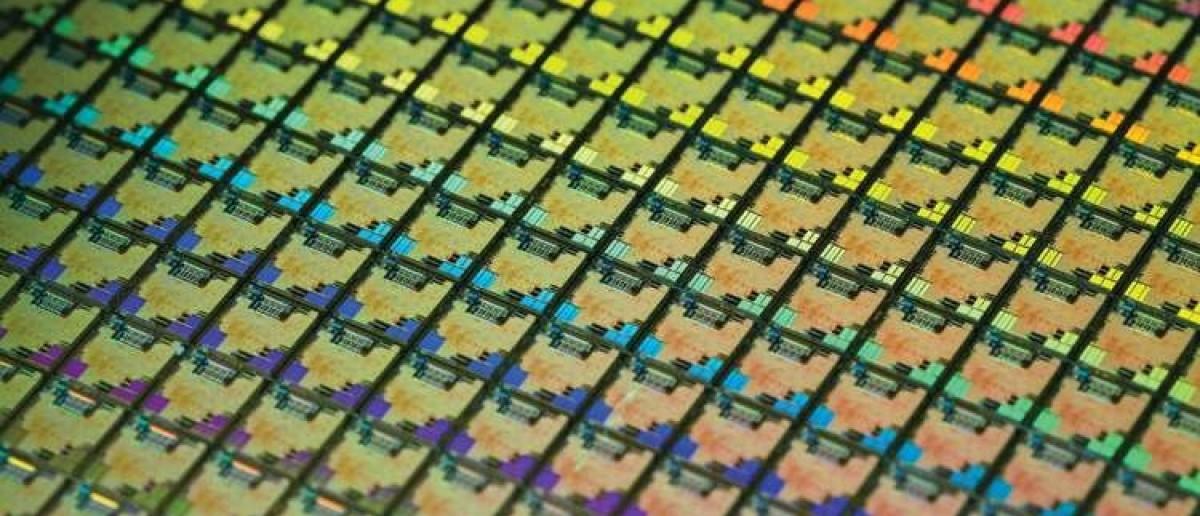
Interest in Qualcomm’s 3nm chips is also waning due to Huawei’s decision to stop shipping chips from the San Diego-based company, both with and without 5G modems. In addition, Samsung’s increased adoption of Exynos 2400 chips is expected, which lowers Qualcomm’s overall outlook.
The company’s Exynos 2400 chips are also expected to be more widely adopted, which lowers Qualcomm’s overall outlook.
Demand for Samsung’s 3GAP+ and Intel’s 20A process technologies is lower than expected, and on top of that Samsung, Micron and SK Hynix are not expected to launch a major memory upgrade until 2025-2027.




